Mayukhmali Das
Recovery of Missing Sensor Data by Reconstructing Time-varying Graph Signals
Mar 01, 2022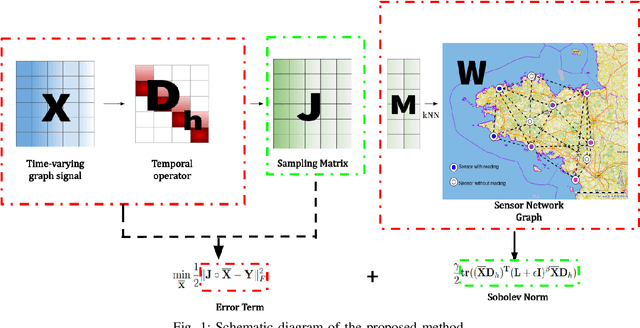



Abstract:Wireless sensor networks are among the most promising technologies of the current era because of their small size, lower cost, and ease of deployment. With the increasing number of wireless sensors, the probability of generating missing data also rises. This incomplete data could lead to disastrous consequences if used for decision-making. There is rich literature dealing with this problem. However, most approaches show performance degradation when a sizable amount of data is lost. Inspired by the emerging field of graph signal processing, this paper performs a new study of a Sobolev reconstruction algorithm in wireless sensor networks. Experimental comparisons on several publicly available datasets demonstrate that the algorithm surpasses multiple state-of-the-art techniques by a maximum margin of 54%. We further show that this algorithm consistently retrieves the missing data even during massive data loss situations.
Moving Object Detection for Event-based Vision using k-means Clustering
Oct 01, 2021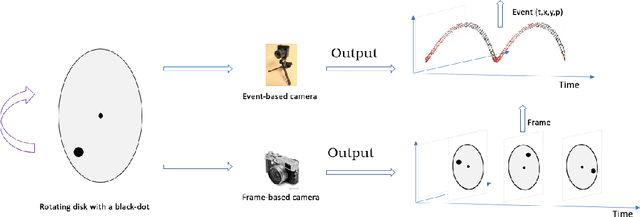
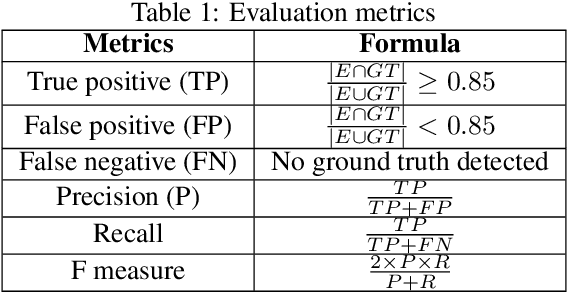
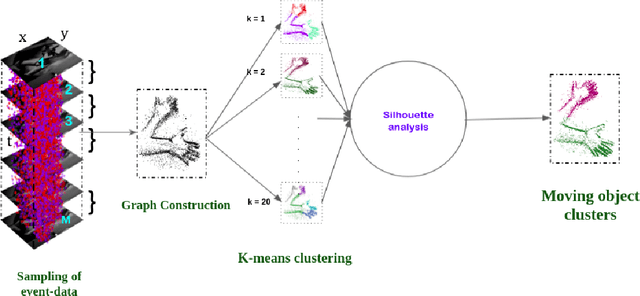

Abstract:Moving object detection is important in computer vision. Event-based cameras are bio-inspired cameras that work by mimicking the working of the human eye. These cameras have multiple advantages over conventional frame-based cameras, like reduced latency, HDR, reduced motion blur during high motion, low power consumption, etc. In spite of these advantages, event-based cameras are noise-sensitive and have low resolution. Moreover, the task of moving object detection in these cameras is difficult, as event-based sensors lack useful visual features like texture and color. In this paper, we investigate the application of the k-means clustering technique in detecting moving objects in event-based data.
RSO: A Novel Reinforced Swarm Optimization Algorithm for Feature Selection
Jul 29, 2021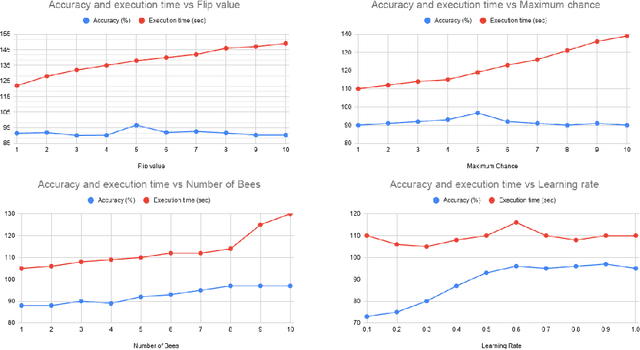

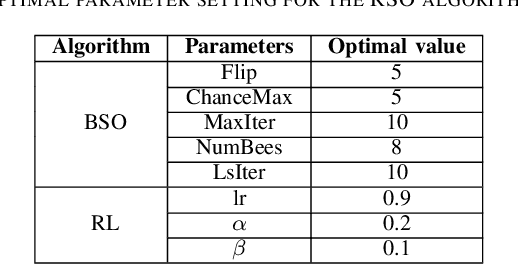
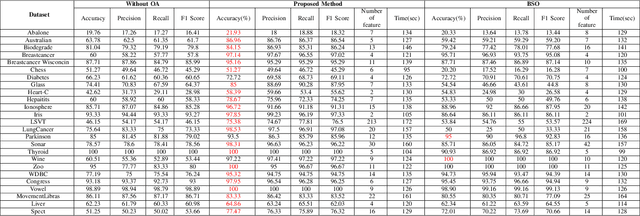
Abstract:Swarm optimization algorithms are widely used for feature selection before data mining and machine learning applications. The metaheuristic nature-inspired feature selection approaches are used for single-objective optimization tasks, though the major problem is their frequent premature convergence, leading to weak contribution to data mining. In this paper, we propose a novel feature selection algorithm named Reinforced Swarm Optimization (RSO) leveraging some of the existing problems in feature selection. This algorithm embeds the widely used Bee Swarm Optimization (BSO) algorithm along with Reinforcement Learning (RL) to maximize the reward of a superior search agent and punish the inferior ones. This hybrid optimization algorithm is more adaptive and robust with a good balance between exploitation and exploration of the search space. The proposed method is evaluated on 25 widely known UCI datasets containing a perfect blend of balanced and imbalanced data. The obtained results are compared with several other popular and recent feature selection algorithms with similar classifier configurations. The experimental outcome shows that our proposed model outperforms BSO in 22 out of 25 instances (88%). Moreover, experimental results also show that RSO performs the best among all the methods compared in this paper in 19 out of 25 cases (76%), establishing the superiority of our proposed method.
 Add to Chrome
Add to Chrome Add to Firefox
Add to Firefox Add to Edge
Add to Edge